Separating from a partner can bring many challenges, and finances are often one of them. Here, Kate Daly from our partner amicable gives some answers to three frequently asked questions when couples separate.
- How do you deal with financial separation when a marriage ends?
The starting point for divorce financial settlements is to divide everything 50/50. Lots of people consider this fair. Sometimes, however, splitting things this way leaves one person at a disadvantage—especially if they don’t work or have restricted their career by caring for children. If this is the case, a fair settlement will consider both people’s needs.
There are three basic needs to make sure a settlement is fair: housing yourself, having enough money to live on day to day, and having a retirement plan. As far as possible, your living standards should be comparable. To achieve this might mean departing from a 50/50 split. Consider, for example, the situation where one partner can house using a small deposit and their mortgage capacity, and one person has zero mortgage capacity because they are a stay-at-home parent and therefore need more capital to buy outright.
Everyone’s circumstances are unique and so we have judge-based law rather than a formula to sort out how to divide assets in a divorce. Once you’ve come to an agreement, if you want to make it legally binding, you’ll need to set it out in a consent order, and a judge will need to review it and approve it to make sure it’s fair.
- What is a financial disclosure, and do you have to do one when you divorce?
Financial disclosure is a snapshot of your financial situation. It includes details of all your money and property, such as individual and joint assets, debts, pensions, and income. If you’re separating and want a legally binding consent order that sets out how you’ll split your assets when you divorce, you must complete a full, frank, and open disclosure.
You’ll need to include everything – even if you’re not splitting it or believe it should be ring-fenced. A summary of your disclosure will be sent to the court on a form called a Statement of Information, D81. It summarises your financial position when you ask the court to approve your financial agreement, so at the present time, and not when you separated.
How financial disclosures work:
The important thing about a disclosure is that you’ve both seen each other’s finances, and you’re happy you understand what’s in the marital pot. It’s a legal requirement to do a full disclosure when asking the court to approve a consent order. You’ll be signing a form to say you have done so. It’s an offence to lie or withhold information, and you can be prosecuted for doing so. Any assets not included in the disclosure are also not covered by the clean break clause, so they can be claimed against at a later point in time. If you’re using a solicitor or are part of a court process, you’ll be asked to complete a detailed disclosure on a long, 40-plus page document called Form E before the summary D81. At amicable, we use an electronic form, which is kinder and easier to use and only displays questions relevant to you depending on previous answers.
If you aren’t married and want a separation agreement, you will also need to make a full, frank, and open disclosure. Just like in a divorce, you’ll need to include everything – even if you’re not splitting it or believe it doesn’t form part of the settlement. It’s important to note if you aren’t married, pensions can’t be shared when you separate.
- What are the best options when it comes to managing shared property?
Couples often hold different types of property together, such as a family home, a rental property, property abroad, or inherited and shared properties. Depending on your situation, the family home may hold monetary and sentimental value, so it may be more difficult to work out how to divide it.
There are some basic options to consider:
- Sell the family home – divide the proceeds of the sale and buy new properties (usually using your mortgage capacity)
- Buy the other out (you can achieve this by additional borrowing – but you’ll need to consult your mortgage company to test whether they’ll remove one of you)
- Get a ‘Mesher Order’*
- Offset the value against another asset (for example,. pensions)
*A ‘Mesher Order’ allows one parent to stay home with children until a specific event triggers the sale (usually the youngest child finishing full-time secondary education). Our guide provides more information on Mesher Orders.
If you need help and advice on a fair financial settlement, or separating your property or other assets, please book a free call with one of our amicable experts. We’d love to help.
